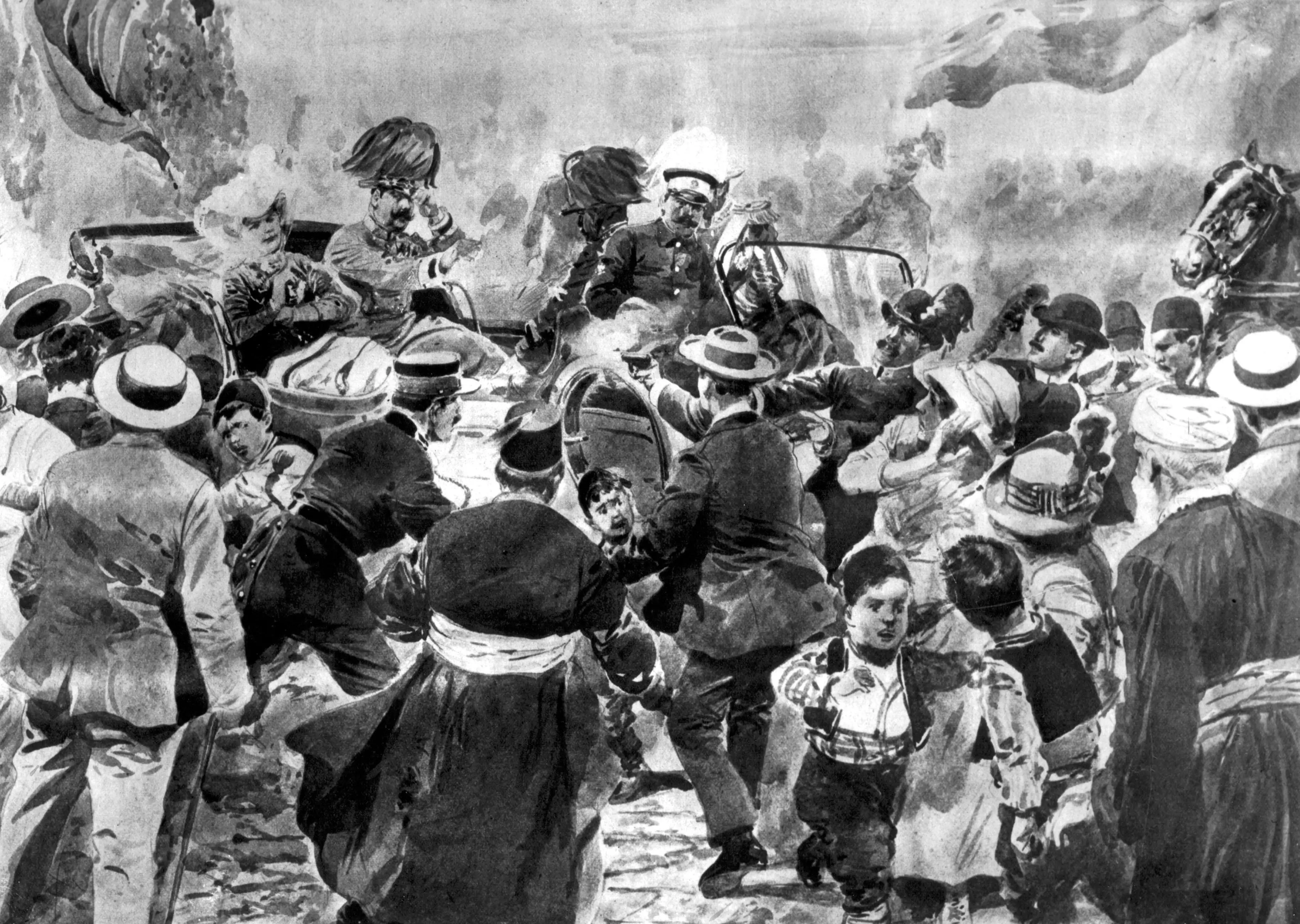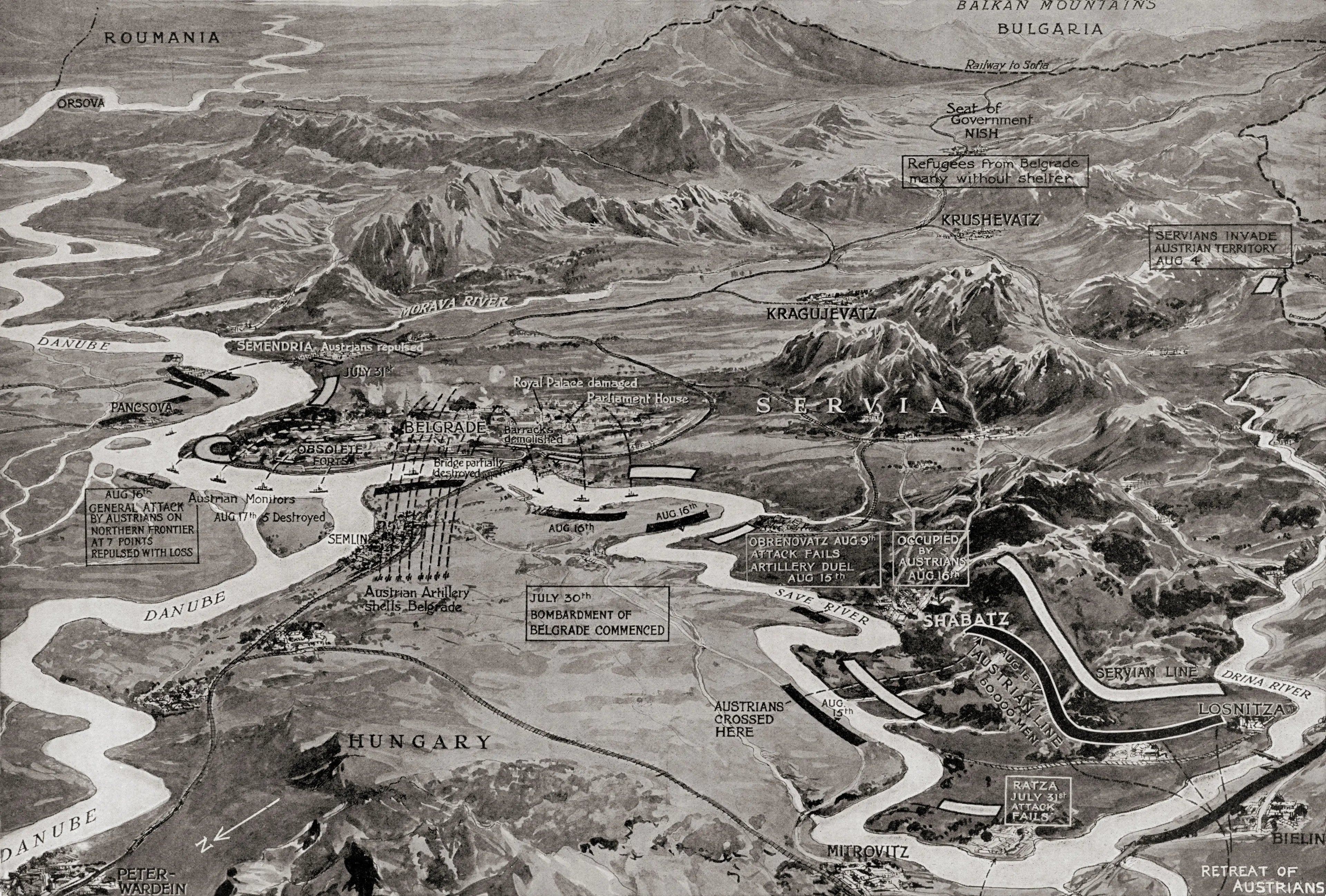
A Hungarian soldier allegedly didn't sleep for a whopping 40 years after sustaining a head injury from a bullet.
While most of us need at least eight hours - if not 10 - and still need four coffees to see us through the day, Paul Kern reportedly went a whole 40 years without even catching 40 winks.
After Austria's Archduke Franz Ferdinand and his wife were assassinated - one of a series of events which led to World War One kicking off - Kern signed up as part of Hungary's elite shock troop.
However, little did the soldier know just how significantly the war would have a lasting impact on him.
Advert

Shock troops are a group of soldiers who lead an attack and can subsequently be at greater risk of injury and death.
In 1951, during his time as a shock trooper, Kern was shot in the head.
The Hungarian soldier is reported as having being knocked unconscious by the impact of the bullet, which entered his skull via his right-hand temple. However, it didn't pass through his head, remaining lodged inside instead, according to SOFREP.

Kern was immediately taken to Lemberg hospital, where it was decided he would likely die if the bullet was not removed.
Upon further inspection, doctors discovered part of his brain called the frontal lobe - which is 'the "control panel" of our personality and our ability to communicate,' as per Healthline - was damaged.
While Kern was able to be woken up, it would be the last time he would ever do so.

For the next 40 years, Kern wasn't able to sleep a wink.
While it may seem like an impossible feat - the longest known time for a human to stay awake being 11 days (264 hours) according to Scientific American - Kern wasn't just not able to physically get to sleep, but didn't even find himself craving it either.
Neither did his lack of sleep appear to have any significantly negative effect on his physical wellbeing, despite severe or long-term sleep deprivation being known to cause memory issues, trouble with thinking and concentration, mood changes, accidents, weakened immunity, risk for diabetes, high blood pressure or risk of heart disease, according to Healthline.

Staying awake for a whole 40 years indeed seems like a preposterous possibility - both physically as well as mentally - so it's understandable why doctors weren't convinced.
Kern's claim of not needing sleep was interrogated by doctors who theorised he was napping during the day for extremely short periods of time, which meant he wasn't even aware he was asleep.
Other doctors believed the soldier was simply making the whole thing up.
However, upon testing and examining Kern, doctors were indeed left stumped and unable to disprove Kern's sleepless claims.

Kern lived a happy - and long - life, defying scientific odds.
The Hungarian soldier is said to have passed away at the age of 71 in 1955.
He certainly made the most of his time on Earth, and even in death he remains a scientific mystery.
Topics: Health, Mental Health, Science